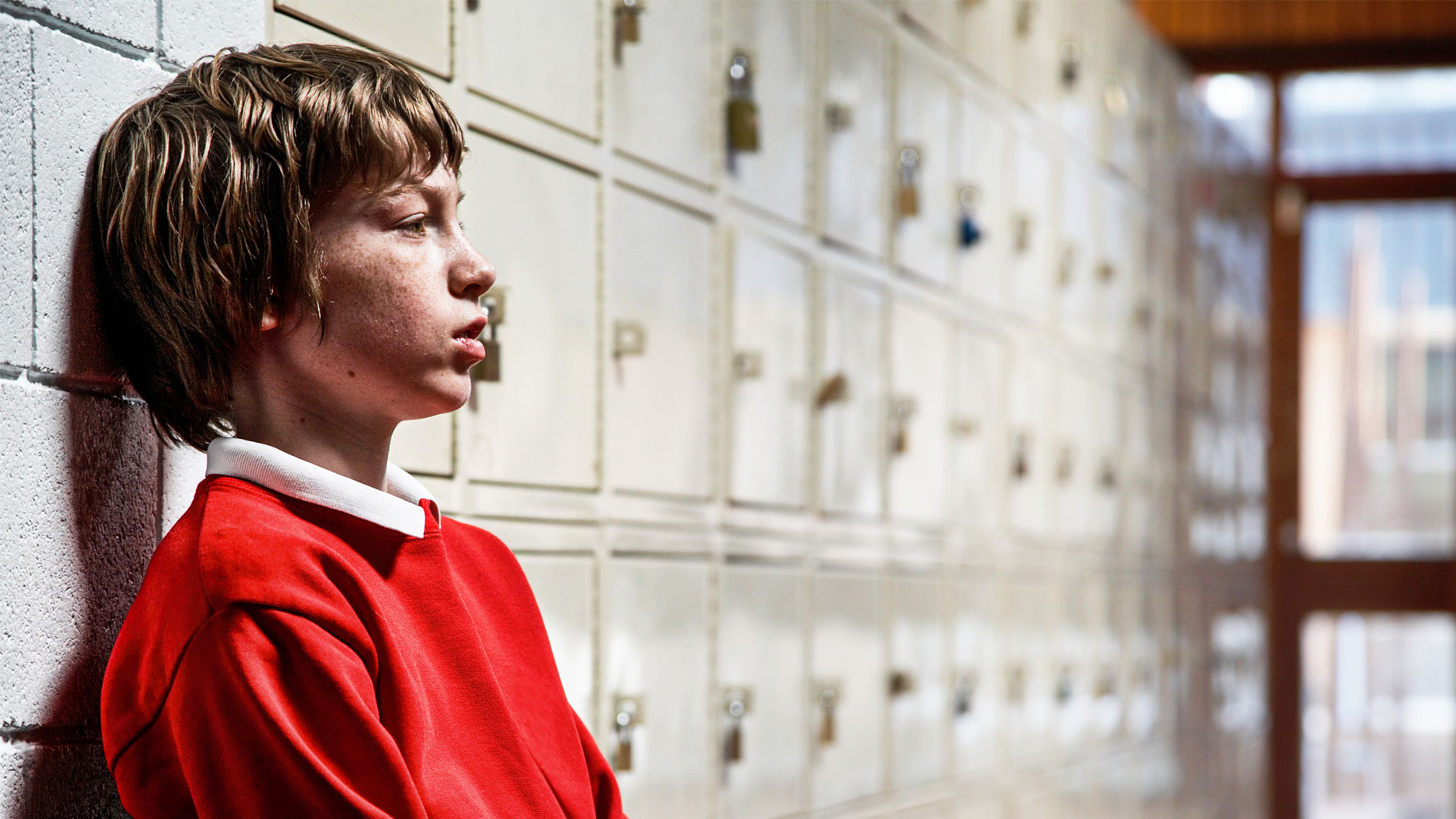There are many reasons why your child may struggle or fall behind at school. We often think of the obvious things first, like difficulty grasping a concept. But less obvious reasons like bullying or changes at home can also impact a child’s learning.
And it’s important to address these issues as early as possible. “When a student switches off, there is the risk of a downward spiral,” explains Dr Peter Goss from Grattan Institute. This can also have a flow-on effect in the classroom, impacting many students.
So, let’s take a look at the possible reasons why your child may be struggling.
Why do some Children Fall Behind at School?
1. The work is too challenging
It makes sense for children to shut off if schoolwork becomes much too difficult. I distinctly remember struggling with the content back in Year 11 Maths. I wanted to understand the work, but I couldn’t keep up. Feeling self-conscious about asking questions, I wasted class time talking and distracting others.
It can be embarrassing for children to admit the work is too complicated. As teachers, pre-testing can be a great way of checking understanding before starting a topic. As parents, regular conversation with your child’s teachers and checking their results can help you pick up on this issue.
2. The work is not challenging enough
If your child is not challenged, they’ll likely become disinterested in class. Look out for a reluctance to talk about school, or complaining that class is boring. Gifted children, in particular, don’t need the same kind of repetition for ideas to stick, or to complete basic tasks first. Aside from boredom, children who are academically advanced may also struggle socially, surrounded by children with a “vastly different set of cognitive challenges, maturity and needs.”
3. They’re experiencing bullying
As a teacher or parent, it can be heartbreaking to watch children drift away from close friends or deal with bullying. If your child is having trouble eating or sleeping, or is trying to avoid going to school, bullying or friendship issues could be a concern.
When I began teaching, Facebook and social media as we know it was in its infancy. I could never have imagined the way social media would come to dominate the lives of young people. Bullying can be so much more complex than nasty words said face–to–face. As a homeroom teacher for Year 7 students, I watched as they were trolled online, unfriended or excluded from events. This behaviour extended well beyond school time.
While in the past, home may have been a sanctuary to escape a school bully, phones and laptops now keep us connected. Parents and teachers need to work together to resolve social issues that may affect school performance.
4. There are behavioural or sensory issues
Some children, especially those with boundless energy, can find it tough to be on their best behaviour all day. They may have real difficulties listening, concentrating or sitting still. This may show up as getting in trouble at school or receiving low marks, when there’s a deeper issue at play.
Children suffering from poor eyesight and hearing difficulties can seem very disengaged in class. It may be that they can’t see the board clearly or follow all the instructions. They may say they’re ‘dumb’ and spend an excessive amount of time on homework. Providing multiple ways for children to access information can help address these issues.
Your child may also be experiencing issues linked to their mental health. They may have high levels of anxiety around academic success or friendships, and have trouble sleeping, eating or concentrating.
5. There are problems at home
When children are in emotional turmoil, concentrating and learning can feel impossible. Instead, they might act up, become aggressive or withdraw. Any number of issues from their home life can have an impact. There may be a lot of fighting, or a separation or divorce taking place. Moving home can also be stressful for a child or having parents travel for work. Financial hardship can also impact your child. These issues may show up at school as anger, sadness or loneliness and can affect academic performance and socialisation. It’s important to remember that life happens to us all. It’s not always possible (or, indeed, desirable) to protect your children from the realities of the world around them. But realising that they are sensitive creatures, picking up on everything going on around them, will help you to support their emotional and academic development.
By encouraging and supporting your child when they begin to struggle at school, you can help them get back on track. It’s normal to worry about their progress. But, if your child can learn to overcome any difficulties, they stand to gain valuable life skills.
If your child is becoming unusually withdrawn or you are seeing some changes in habits or behaviour, it may be a good idea to visit your GP.
